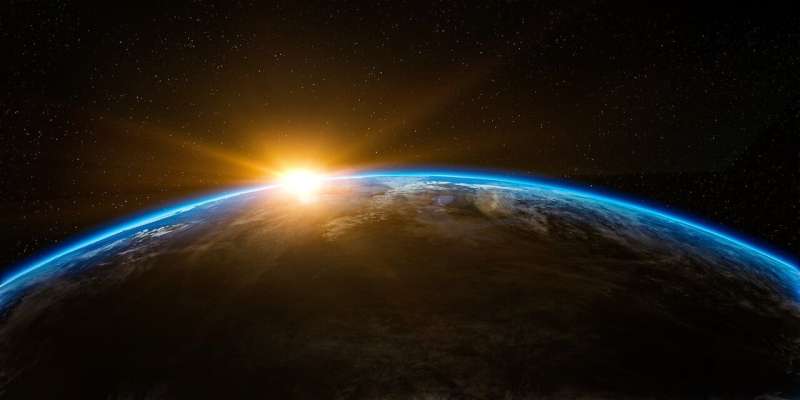Credit: CC0 Public Domain
UTS researcher Dr. Joshua Chou is looking to replicate the promising results of experiments he has carried out on cancer cells in the zero gravity chamber built by his team in the UTS School of Biomedical Engineering.
Dr. Chou organized the first ever Space Biology Symposium at UTS bringing together scientists, investors, government and space enthusiasts to consider advances in space biology and medicine. Topics included research and development of new types of pharmaceuticals, engineered tissues, and emerging medical technologies.
He also announced details of the ISS mission to determine how microgravity can affect some of the hardest cancers to kill: ovarian, breast, nose and lung.
UTS will work with YURI, a German company founded to enable and expand research and commercial applications in microgravity. It will provide the hardware—a biomodule—which will carry the cells into space.
The mission findings could signal to the Australian research community that the era of space biology and medicine is well and truly here.
Cancer involves some body cells dividing uncontrollably and invading tissue, with the cells coming together to form a solid tumor which continues to grow until a point in which the cells are signaled to invade the body.
No one knows exactly when that point is reached.
"There must be a means by which cancer cells 'feel' and 'sense' each other in order to form a tumor. We know the only way cancer cells sense their surroundings is through mechanical forces. And those forces only exist when there's gravity," said Dr. Chou
In tests in a microgravity environment at UTS, 80 to 90 percent of the cells in the cancer types were disabled—they either die or float off because they can no longer hold on.
"We're ready to verify if the cells do the same thing in space. My hope is to confirm what we found in the lab and be able to identify new targets and introduce a drug that 'tricks' the cancer cell into thinking it's in space when it's actually still on Earth," he said.
"My vision is that this drug would work alongside existing treatments to improve treatment timespan and efficiency.
"It would not be a magic bullet, but it could give current treatments like chemotherapy a big enough boost to kill the disease."
Dr. Chou's previous experience of how the space environment impacts understanding of cell biology and disease progression occurred in research he did at Harvard that created the osteoporotic drug EVENITY. It was developed from research conducted at the ISS, and has been on the market and helping patients for six months.
Provided by University of Technology, Sydney
























